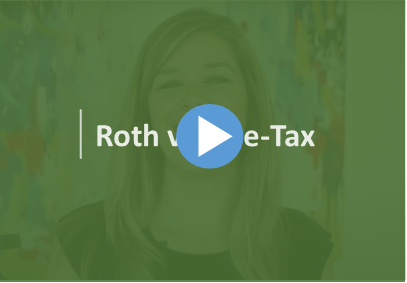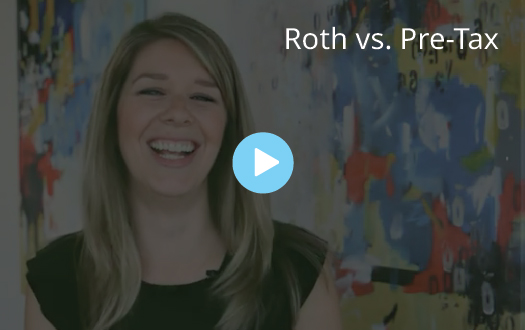Retirement Income: Planning for Taxes


Navigating your taxes can be complex, and it is important that you understand how you can most efficiently save and invest for your future while considering both long and short-term tax implications.
There are few retirement-related tax details that may help you:
- Saver’s Tax Credit: Depending on your income and filing status, you may be eligible for a tax credit equal to a percentage of your retirement plan contribution for the year. The IRS website gives more information on this credit. This is a great perk for those who are eligible.
- Rollovers vs. Distributions: If you have assets in a former employer’s plan, you can avoid the taxes associated with a cash distribution by rolling over the assets to another qualified account, like an Individual Retirement Account (IRA) or the retirement plan of you new employer. Otherwise, any cash distributions are counted as taxable income in the year they are taken.
- Employer-Sponsored Retirement Plans: Eligible contributions to your employer’s retirement plan can typically be made on a pre-tax and/or Roth basis:
- Pre-Tax: You don’t pay income taxes on the contributions now; instead, you’ll pay income taxes on the contributions and any earnings when you distribute the money via a cash distribution.
- Roth: You do pay income taxes on your contributions now. You can then distribute the contributions and any earnings via a qualifying distribution without incurring taxation later. A qualifying distribution means that you are at least 59 ½ and met the IRS’s 5-year holding rule. You will find an MMA Savers Spotlight explaining the benefits of Roth in retirement here.




